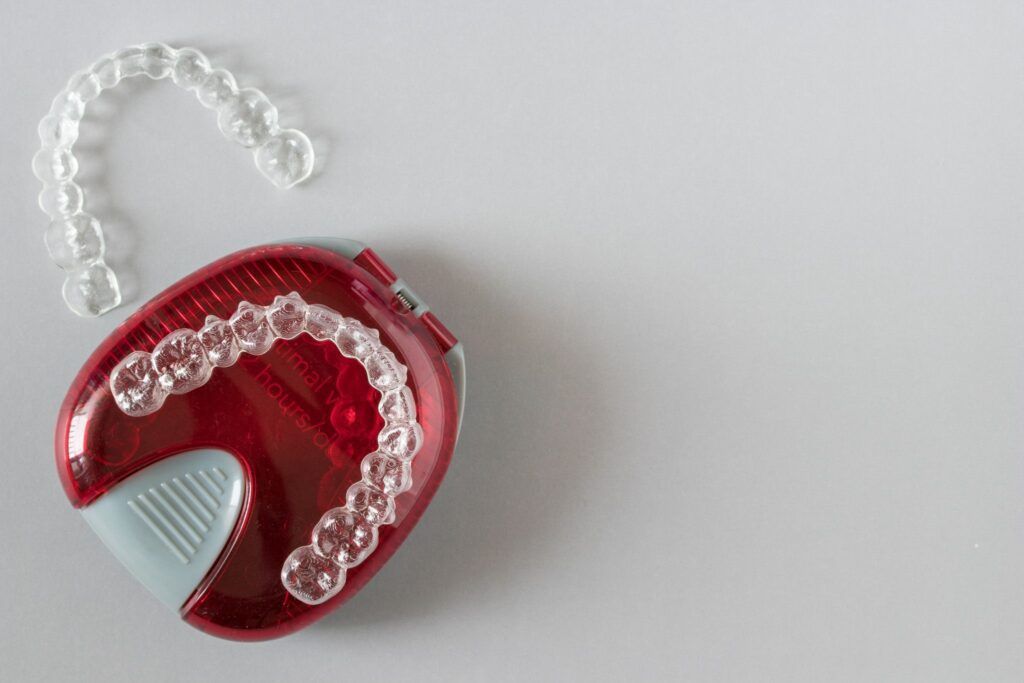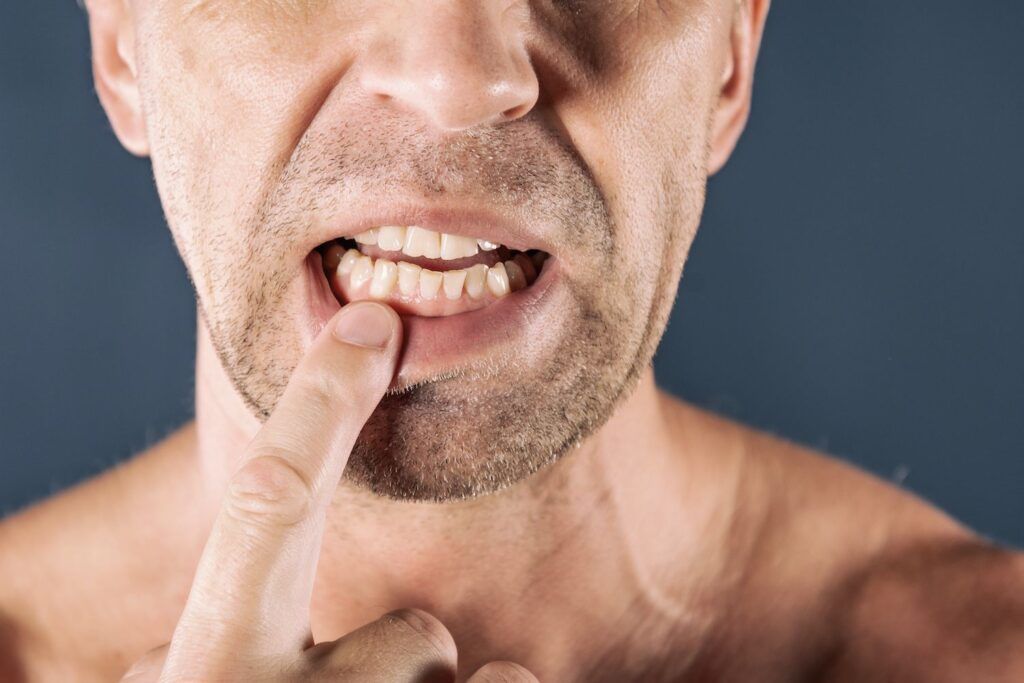Experience the difference of Functional Dentistry at Baltimore Dental Co.
OUR SERVICES
A Functional Approach To Your Oral Health Needs
At Baltimore Dental Co., we offer a full spectrum of dental services, from routine cleanings to advanced restorative and cosmetic treatments, all tailored to your unique needs. We also provide specialized care like periodontal therapy, oral surgery, and sedation dentistry, ensuring comprehensive oral health solutions in a comfortable, welcoming environment.
Embarking on a new dental journey can feel overwhelming, but at Baltimore Dental Co., we strive to make it seamless and stress-free. We've compiled a comprehensive New Patient Information section to answer your questions and guide you through your first steps with us. Click the link below to discover how we can partner with you in achieving a healthy, radiant smile and experience the exceptional care that sets us apart.
FAQS
Are You Accepting New Patients?
Yes, we accept patients of all ages for all services, including general, cosmetic, and restorative dentistry. We welcome all new patients from Baltimore County and the surrounding areas.
How Often Should I Visit The Dentist?
Most patients should visit our office twice a year, or every six months, for teeth cleaning and checkups. However, other patients may benefit from more frequent visits. Baltimore Dental Co. will work with you to find a schedule that is best suited to your specific needs.
Do You Offer Cosmetic And Restorative Dental Treatments?
Yes, we offer cosmetic dental procedures including teeth whitening, porcelain veneers, and cosmetic tooth bonding. Our restorative treatments include dental bridges, implants, dentures, dental crowns, TMJ treatment, and gum disease treatment.
What Do I Do If I Have A Dental Emergency?
If you have a dental emergency, please contact our office as soon as possible. We will recommend a course of treatment. If you have knocked out a tooth unexpectedly, have sudden severe tooth pain, or have a broken dental restoration, call us for care.
GOOGLE REVIEWS
The Latest in Oral Health:








